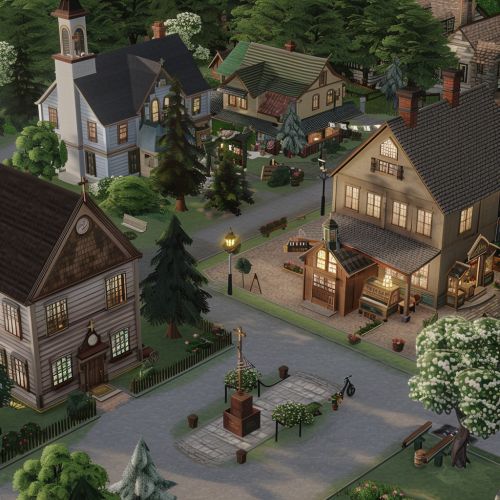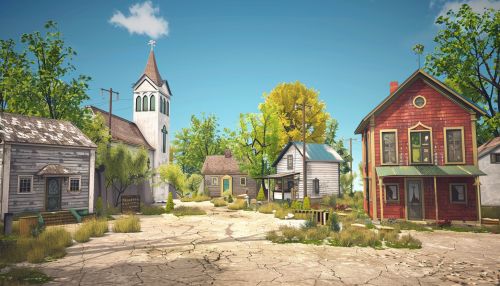Our Town
Introduction
"Our Town" is a three-act play written by American playwright Wilder. It is a character story about an average town's citizens in the early twentieth century as depicted through their everyday lives. The play is set in the fictional town of Grover's Corners, New Hampshire, which serves as a stand-in for the quintessential American small town. The play explores themes of existence, daily life, and the human condition, with a particular emphasis on the universal experience of being alive.
Plot
The play is divided into three acts, each focusing on a different aspect of life in Grover's Corners.
Act I: Daily Life
The first act, titled "Daily Life," introduces the town and its inhabitants. The stage manager, a character who breaks the fourth wall to address the audience directly, serves as a guide throughout the play. The daily routines of the Gibbs and Webb families are presented, providing a window into life in a small American town at the turn of the century.
Act II: Love and Marriage
The second act, "Love and Marriage," takes place three years later and centers on the courtship and wedding of George Gibbs and Emily Webb. The act explores the theme of love in a small town, showcasing the couple's relationship from their awkward courtship to their eventual marriage.
Act III: Death and Eternity
The final act, "Death and Eternity," takes place nine years later in the town cemetery. The act explores the theme of mortality, with the deceased townsfolk reflecting on their lives and deaths. The act ends with Emily Webb's post-death experience, a poignant commentary on the fleeting nature of human existence.
Characters
The play features a wide array of characters, each representing a slice of life in Grover's Corners.
Stage Manager
The Stage Manager is the narrator of the play, guiding the audience through the town and its story. This character breaks the fourth wall, interacting directly with the audience and even stepping into the action of the play at times.
Gibbs Family
The Gibbs family includes Dr. Gibbs, his wife Mrs. Gibbs, and their two children, George and Rebecca. Dr. Gibbs is the town's physician, while George, his son, is a prominent character who falls in love with Emily Webb.
Webb Family
The Webb family consists of Mr. Webb, the editor of the town newspaper, his wife Mrs. Webb, and their children, Emily and Wally. Emily Webb is a central character in the play, whose life, love, and death the play explores in detail.
Themes
"Our Town" explores several themes, including the universality of the human experience, the importance of community, and the fleeting nature of life.
The Universality of the Human Experience
One of the central themes of "Our Town" is the universality of the human experience. Despite the specific setting of Grover's Corners, the experiences of its inhabitants are intended to be universally relatable. The play explores the cycle of life, from birth to death, and the common experiences that unite humanity.
The Importance of Community
Community is a significant theme in "Our Town." The play presents a close-knit community where everyone knows everyone else, and the characters' lives are deeply intertwined. The town of Grover's Corners itself is a character in the play, representing the idea of community and the sense of belonging it provides.
The Fleeting Nature of Life
The fleeting nature of life is a recurring theme in "Our Town." The play emphasizes the transient nature of human existence and the importance of appreciating the everyday moments of life. This theme is particularly evident in the third act, where the deceased characters reflect on their lives and the moments they took for granted.
Reception and Legacy
"Our Town" is considered a classic of American theater. Since its premiere in 1938, it has been performed in theaters around the world and has been translated into numerous languages. The play has won several prestigious awards, including the Pulitzer Prize for Drama in 1938. Its enduring popularity attests to its universal themes and the timeless appeal of its depiction of everyday life.
See Also


